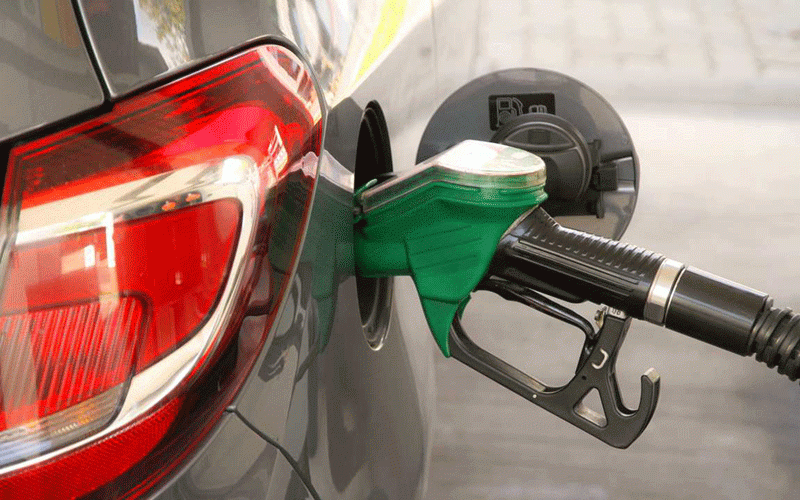
ZIMBABWE’S fuel prices are the most exorbitant compared to other countries in the Southern African Development Community (Sadc) due to a market monopoly, says the latest report by a social justice watchdog, Zimbabwe Coalition on Debt and Development (Zimcodd).
The Zimbabwe Energy Regulatory Authority (Zera) recently increased the pump price of diesel to US$1,79 from US$1,76 per litre while maintaining that of the petrol blend (E20) at US$1,65 per litre.
“But be that as it may, Zimbabwe’s fuel pump prices remain too high relative to the Sadc regional average. This is attributable to the prevailing monopoly ethanol market, high fuel taxes and levies, subdued market competition, lack of adequate fuel infrastructure, and vested interests,” Zimcodd
The country’s fuel sector is controlled by a few oligarchs connected to the ruling Zanu PF elite.
“In the outlook, fuel imports are seen rising due to global supply uncertainties posed by instability in the Middle East/Israel, maintenance of production curbs by OPEC+, and improving global economic sentiment as inflation showed signs of cooling off in advanced economies,” Zimcodd said.
Statistics from the Zimbabwe Statistical Agency showed that the country imported diesel worth US$85,7 million in August 2023, up 12,3% from US$76,3 million in July 2023.
Zimcodd added: “In year-to-date (YTD) terms, diesel imports are up 17,1% in August 2023. In the same month, combined leaded and unleaded petrol imports were US$41.1 million, up 5,4% from US$39 million in July 2023. In YTD terms, petrol imports are up 5,9% from US$38,8 million realized in August 2022.
“The value of Zimbabwe’s fuel imports is increasing due to rising global crude oil prices largely powered by production cuts led by Saudi Arabia, the global top crude oil producer and exporter. Zim’s fuel demand is also a bit elevated due to recurring electricity shortages.”
- Mavhunga puts DeMbare into Chibuku quarterfinals
- Bulls to charge into Zimbabwe gold stocks
- Ndiraya concerned as goals dry up
- Letters: How solar power is transforming African farms











